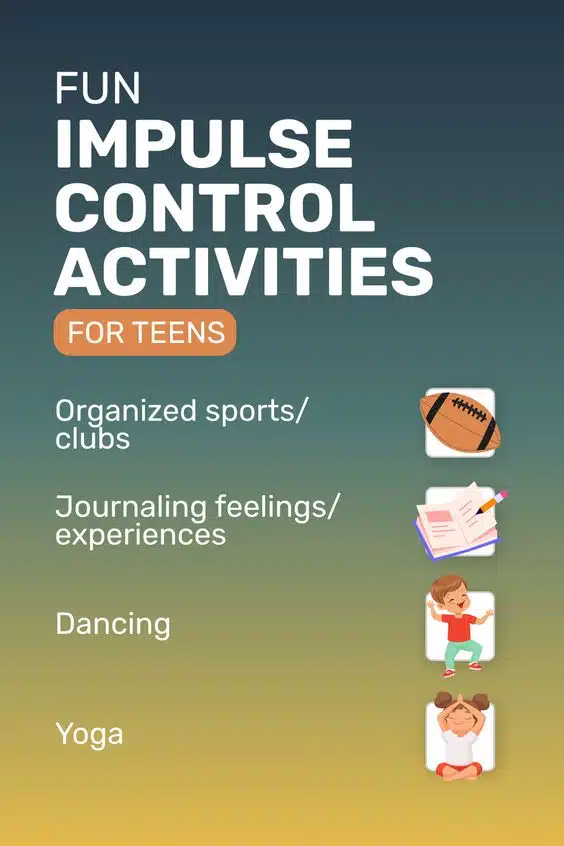Having control is like having a superpower. It can be tough to master, but it can make a huge difference in your life once you get the hang of it. Here are a few examples of how control works in our day-to-day lives:
- Impulse Control: This is about being patient. Imagine you’re at a playdate and see a toy you’d love to play with, but your friend is already playing with it. Impulse control means waiting your turn instead of just grabbing it.
- Emotion Control: Emotions can be strong, like a tidal wave. Emotion control is finding a way to surf that wave without being swept away. So, when you feel like you’re about to burst into tears or shout, you can take a deep breath, count to ten, and find a calmer way to express yourself.
- Behavior Control: We all have things we need to do, like homework or chores, even when we’d rather be doing something fun, like playing video games or watching TV. Behavior control is about making the tough choice to do what you need to do first and then rewarding yourself with the fun stuff later.
Here’s where Goally can lend a helping hand. This fun and interactive tablet is designed to help children build better control. It features digital visual schedules and gamified learning apps that teach emotional regulation and executive functioning skills. So, whether your child needs to learn how to wait their turn, manage a surge of emotion, or do homework before playtime, Goally has their back. With Goally, children can work on their control skills in a way that feels more fun and less like work.















